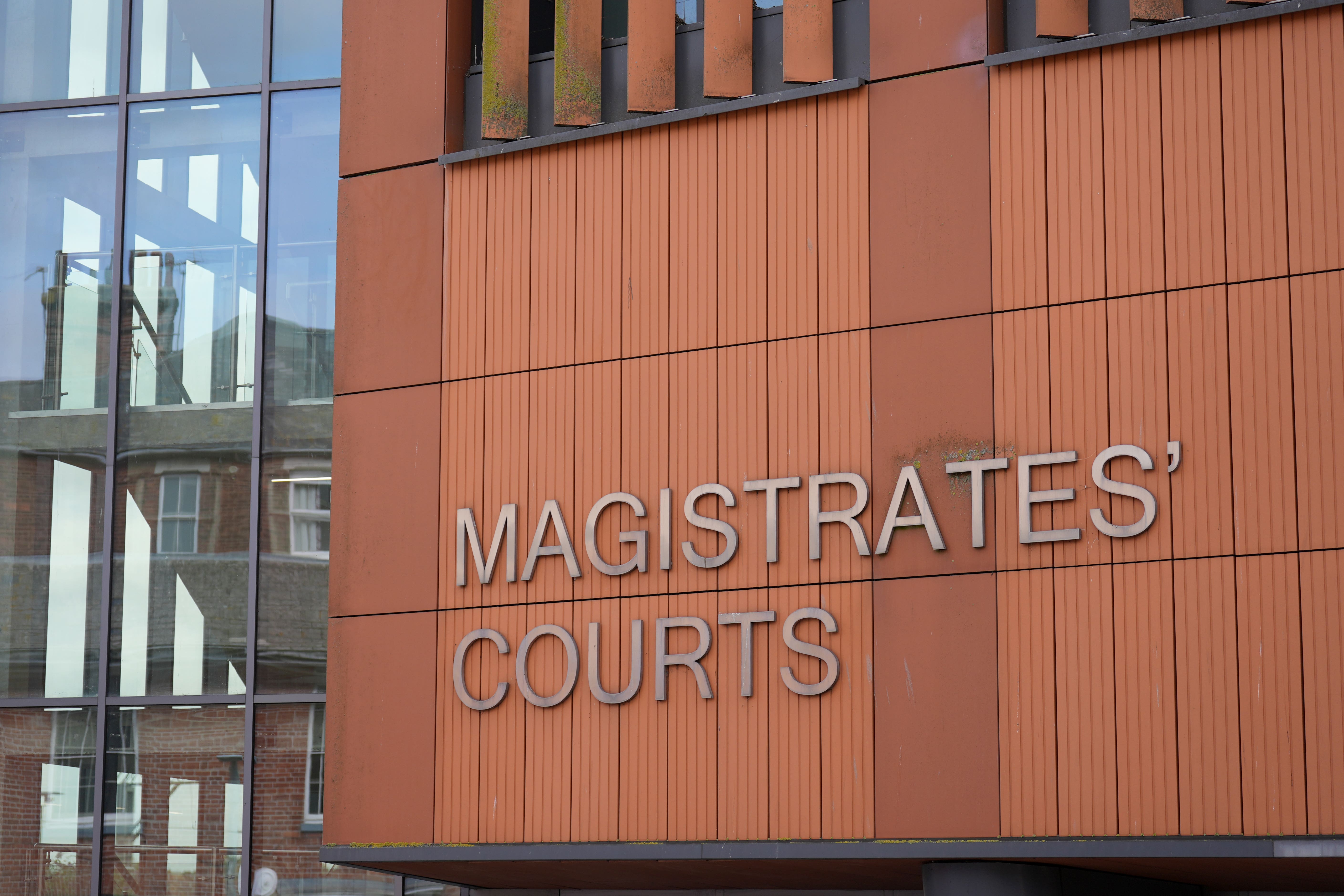Magistrates urged to delay locking up criminals in a bid to ease overcrowding
New guidelines will not apply to high-risk offenders.

Your support helps us to tell the story
From reproductive rights to climate change to Big Tech, The Independent is on the ground when the story is developing. Whether it's investigating the financials of Elon Musk's pro-Trump PAC or producing our latest documentary, 'The A Word', which shines a light on the American women fighting for reproductive rights, we know how important it is to parse out the facts from the messaging.
At such a critical moment in US history, we need reporters on the ground. Your donation allows us to keep sending journalists to speak to both sides of the story.
The Independent is trusted by Americans across the entire political spectrum. And unlike many other quality news outlets, we choose not to lock Americans out of our reporting and analysis with paywalls. We believe quality journalism should be available to everyone, paid for by those who can afford it.
Your support makes all the difference.Magistrates have been asked to stop jailing criminals for several weeks in a bid to ease pressure on Britain’s overcrowded prisons.
The Times reported Lord Justice Nicholas Green, who sits on the Court of Appeal and is the deputy senior presiding judge for England and Wales, issued a “listing direction” to the managers of magistrates’ courts across the two countries, advising offenders likely to be jailed should have sentencing postponed until the Government’s early release scheme comes into effect on September 10.
A Ministry of Justice spokesperson said the guidelines did not apply to high-risk offenders who were already on remand.
Independent judges decide when to schedule court hearings and do so in the interests of justice, including to ensure the effective operation of the criminal justice system
They said in a statement: “The new Government inherited a prisons crisis, and this is yet another sign of the pressures our justice system is facing. The changes coming into force in September will bring it under control.
“Independent judges decide when to schedule court hearings and do so in the interests of justice, including to ensure the effective operation of the criminal justice system.”
The advice did not apply to higher courts dealing with more serious criminal cases. About 2,000 prison places will be freed up under Labour’s early release scheme.
According to the Government, the initiative will free up to 5,500 prison places in the longer term by moving the standard release date.
Prisoners who were previously eligible for release after serving 50% of their sentence could now go free after serving just 40% of time behind bars.
The new programme will not apply to violent offenders serving sentences of four years or more, or those convicted of domestic violence or sexual offences.
Magistrates handled more than 1.3 million cases last year, official figures showed.
Tom Franklin, chief executive of the Magistrates’ Association, said: “Another day, another sticking plaster to hold our crumbling justice system together.
“While this measure may be necessary in the short term, things can’t keep going on like this and we need a long-term plan and an injection of more resources at every stage of the justice process for recovery.
“We also need a grown-up discussion about the purpose of prison, and indeed other types of sentences such as community sentences.”
Mark Fairhurst, national chairman of the Prison Officers’ Association (POA), said: “POA members are the only people who have absolutely no involvement in the incarceration of individuals.
“We do not arrest, investigate, charge, convict or sentence. We will, however, stand ready to accept those who are sent to us by the courts.
“We can accommodate anyone who is convicted, so we see no reason why justice should be delayed.”
Law Society of England and Wales president Nick Emmerson said: “This is another clear indicator of the scale of the crisis in our justice system and there are no easy solutions after decades of neglect.
“The Government and judiciary are having to make difficult choices to try to mitigate the emergency in the short term.
“An urgent injection of funding is needed across our justice system. Otherwise, justice will continue to be delayed for victims and defendants.
“Unless investment is forthcoming to ensure we have a functioning justice system, victims will continue to lose faith and deterrence for criminals will diminish.”
It comes days after emergency plans were greenlit in the North of England.
Operation Early Dawn, a long-standing plan that allows defendants to be held in police cells and not summoned to magistrates’ court until a space in prison is available, was activated on Monday morning.
Measures were announced in the North East and Yorkshire; Cumbria and Lancashire; and Manchester, Merseyside and Cheshire regions.